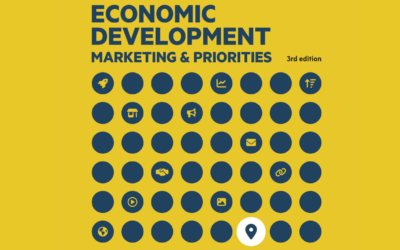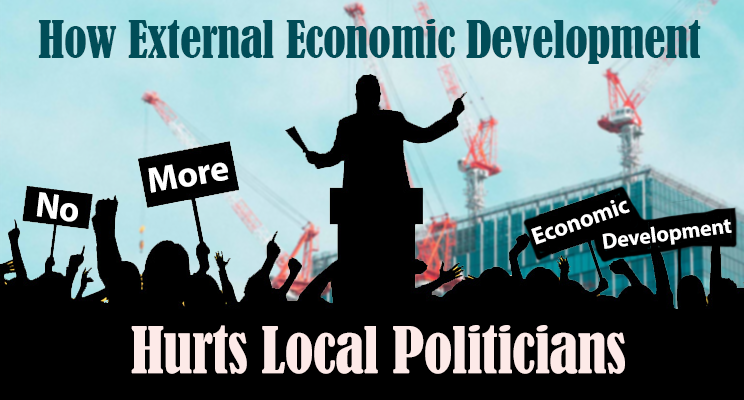
You can decide for yourself the extent to which elected officials prioritize self-preservation. But for those that want to get reelected, there is a strong argument for why they should never support external economic development that doesn’t directly help their current residents and local businesses. The reason for this is that economic development is transformative, especially rapid economic investment that comes from outside of the area that spurs the attraction of new residents to work at new companies. It can radically change the character and demographics of the areas where the new investment occurs.
However, it is the current demographic that voted to get the elected official into his or her office at city hall, the state capital, or the US capital. The new residents and big businesses moving into these newly revitalized, and therefore more expensive, properties may want different things in the near future including different elected officials representing them. They are, after all, likely to be from different socio-economic backgrounds than current residents and therefore have different preferences.
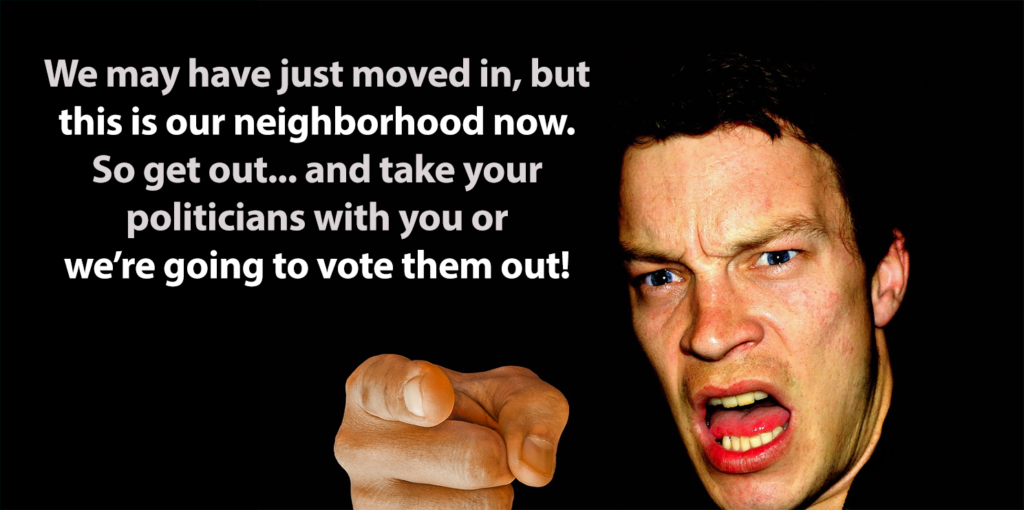
Resistance to External Economic Development
Elected officials are experiencing painful blowback from supporting policies and incentives that foster outside economic investment. Local constituents are protesting and making threats to actively work to make sure incumbent politicians are not reelected if these politicians support economic investment that brings in new businesses and residents that will increase locals’ cost of living or displace them from their homes and businesses. As a result, elected officials are stopping these projects from happening.
Resistance to displacement economic development is growing across the country. This form of economic development is caused by outside businesses and residents gentrifying existing neighborhoods. This leads to increases in residential rent rates and commercial leases that current residents and businesses to no longer afford, displacing them from their own neighborhoods. This is even more inequitable because these are the people who were born, raised, and sustained these neighborhoods through prior recessions and economic downturns.
Displacement economic development is a growing trend, as is the political retaliation from local residents and businesses. In recent years, rapid economic investment started in major urban areas. However, it is now spreading across the country. 81% (311 of 383) of US metro areas have experienced Gross Domestic Product increases in their areas. Rental prices are also increasing resulting in displacement of local residents, even including homelessness. Last year, rents increased at the fastest rate in two years. Last summer, 88% of the 250 biggest U.S. cities saw increased rents, 10 percent were unchanged and only 2 percent fell compared with the previous year. However, the 20 biggest rent increases were in small cities, “where population migration and the strengthening economy are accelerating rent growth,” according to the Yardi Matrix report. Local residents are pushing elected officials for policies that will protect them from rent increases.
The Popularity of Local Economic Development
Although external economic development in the form of business attraction or talent attraction can hurt a politician’s chances of reelection, local economic development that helps current residents and local businesses is widely popular and embraced by local communities and electorates.
There are important things that elected officials can do to help the local businesses in their community to succeed, keep them happy, and foster an advantageous business climate. In addition, many of these things can be done quickly, easily, and with small budget investments.
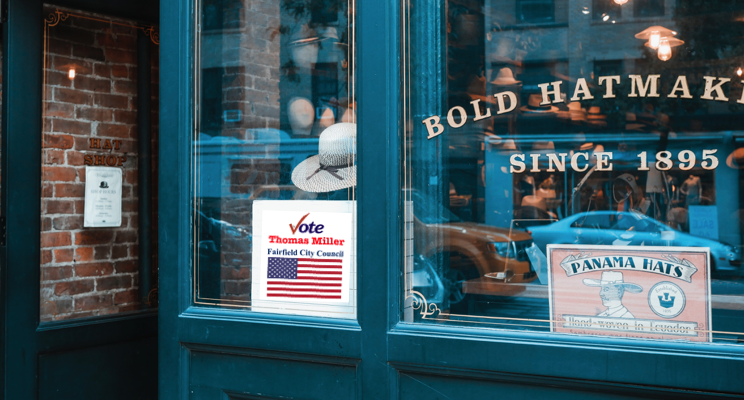
If you are an elected official you can implement the following strategies to become more popular and appreciated by your local businesses.
1. Take advantage of existing small business assistance programs
Taxes that your constituents already pay fund national programs provided by the US Small Business Association, SCORE, and SBDC. These organizations provide classes and individual assistance for entrepreneurs and small businesses. Local community colleges in your area may provide relevant courses also. You can make sure that you are getting your fair share of government-provided small business assistance through these programs in your community and that you are promoting them to your local small businesses so they can participate.https://www.youtube.com/embed/Q3E0t4VBASY
2. Give your local businesses the information and tools to succeed
Today, the most successful companies use data to make the best decisions. But small businesses often can’t afford this information. This lack of information access can disadvantage your local businesses because in today’s information economy, the businesses without information are at greater risk of failure. However, technology is now making it possible for you to easily, quickly, and affordably deliver small business assistance to your local entrepreneurs with market research and business intelligence on your government website. This will help your local businesses make smarter decisions about the ways to start, optimize, or grow their companies. This can be simply implemented by adding SizeUp LBI software to your website and smart government organizations are already doing this to give their local businesses an advantage.https://www.linkedin.com/embeds/publishingEmbed.html?articleId=8253979197486362881
3. Meet with and listen to your small business constituents
As an elected official you are uniquely positioned to learn, empathize with, and solve government barriers that hamper the success of your community’s small businesses. But you need to meet with them and listen to know what they need from their government. Even if you cannot solve all their problems, by meeting with them they will know that you care. Sometimes people just need to be heard by the people they represent them in government. However, you may also uncover problems and structural business obstacles that you can solve through your power as a politician. These meetings also provide you with an opportunity to share your vision and convince these businesses of your plan for a better community.
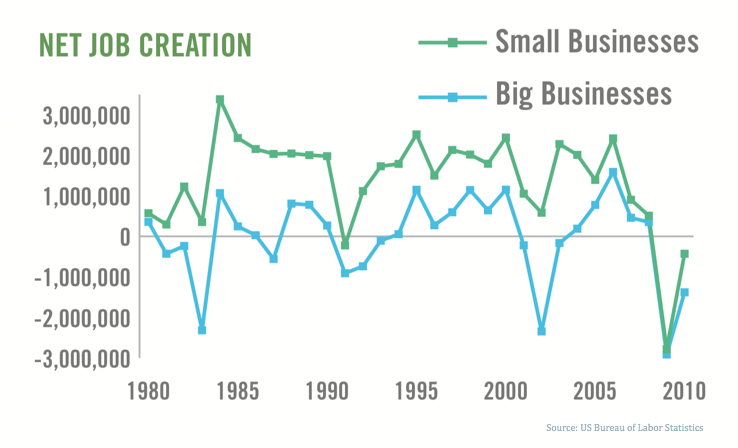
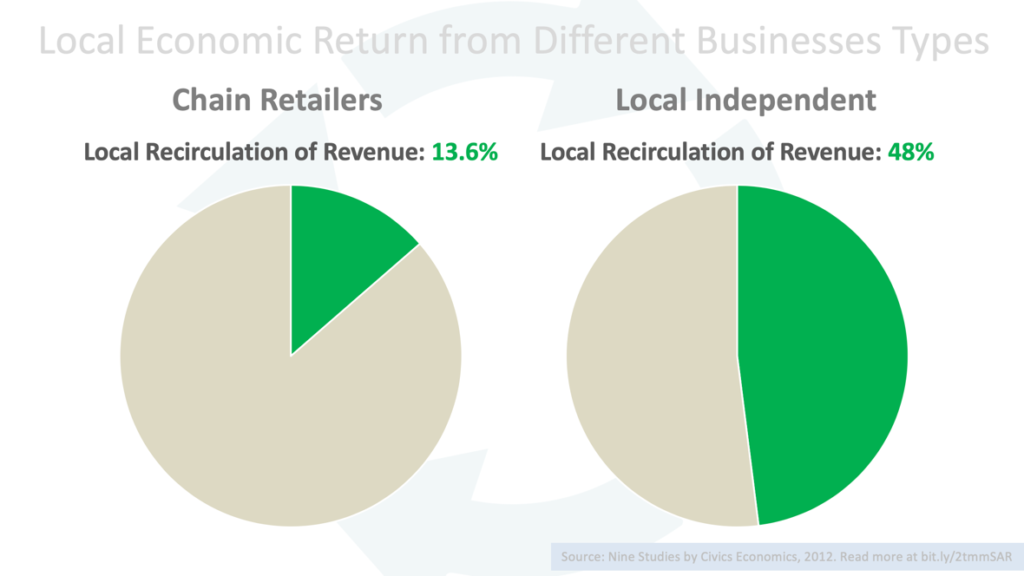
Small businesses are the backbone of the American economy. They create nearly every net new job in the nation. Locally-owned businesses also provide greater economic benefit to your local economy than out-of-town businesses. Happy and successful small businesses create vibrant communities, employ local residents, and fund needed government services. In addition, small businesses are trusted by their customers. As an elected official, if you keep your small businesses happy, they are going to let their customers know who the elected officials are that helped make your community a better place.
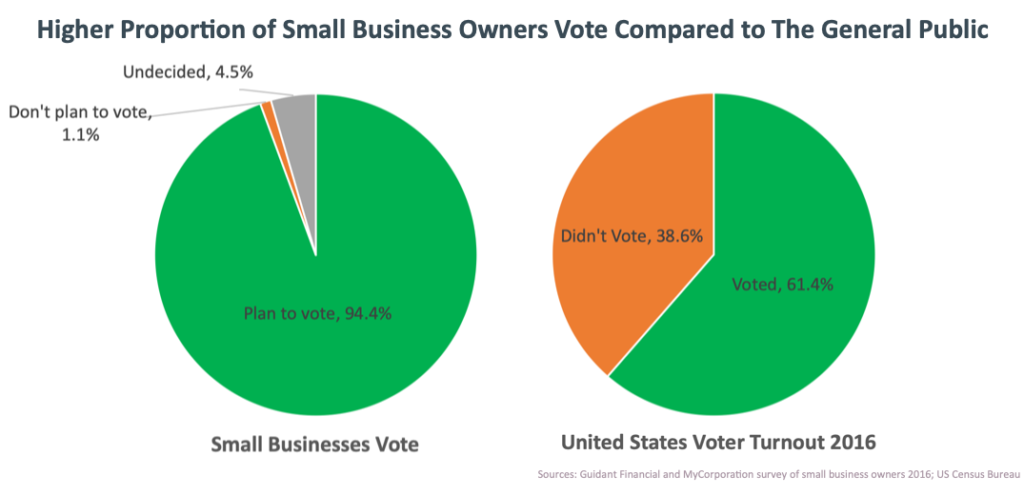
About the Author: Mark Hays has extensive expertise working with Chambers of Commerce and Economic Development Organizations across the USA implementing online programs to enable small business success. He is a sought-after thought leader in online small business assistance and speaking at National League of Cities, WACE, International Economic Development Council, C2ER, and state economic development conferences. Mark is Director of Business Development at SizeUp.



